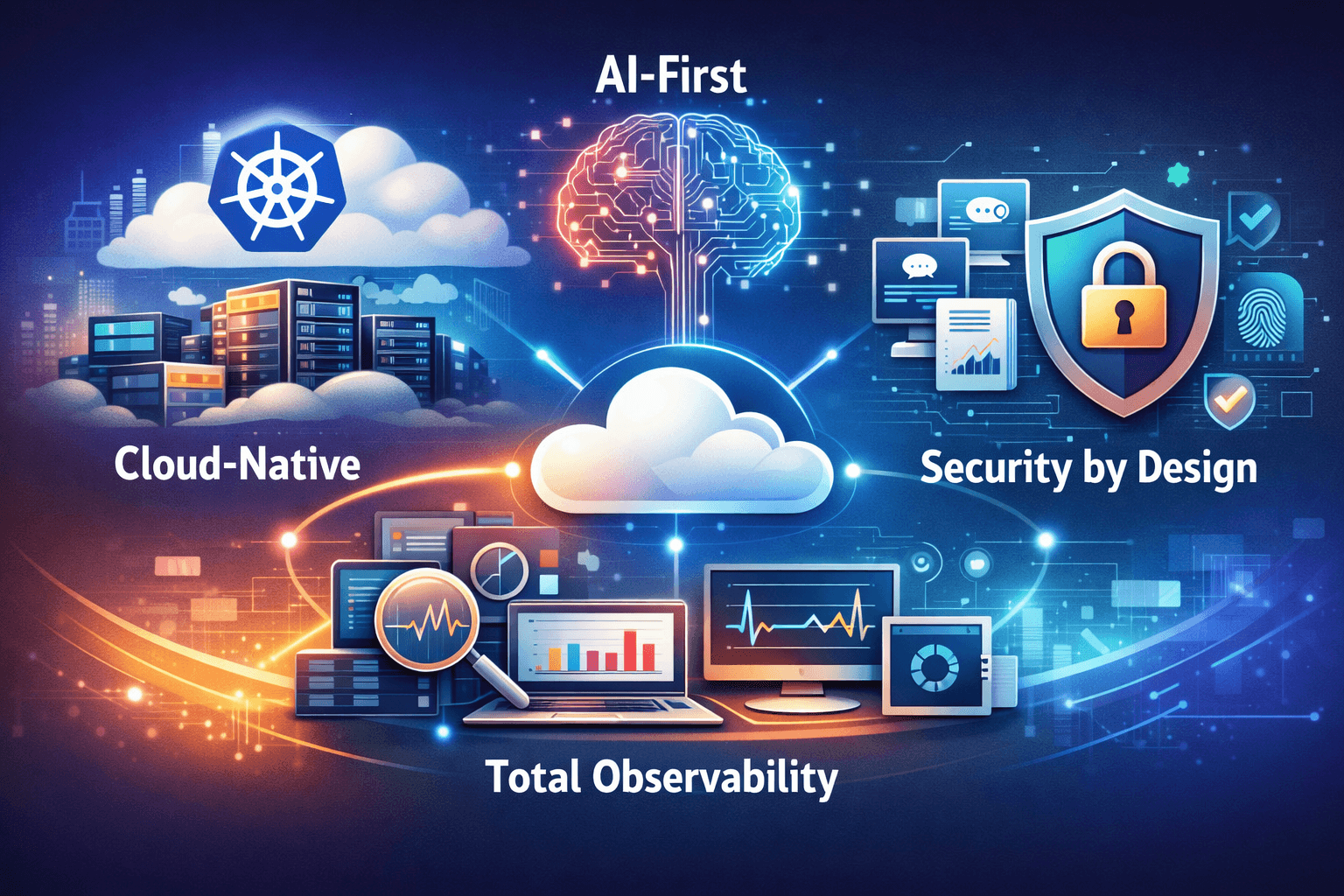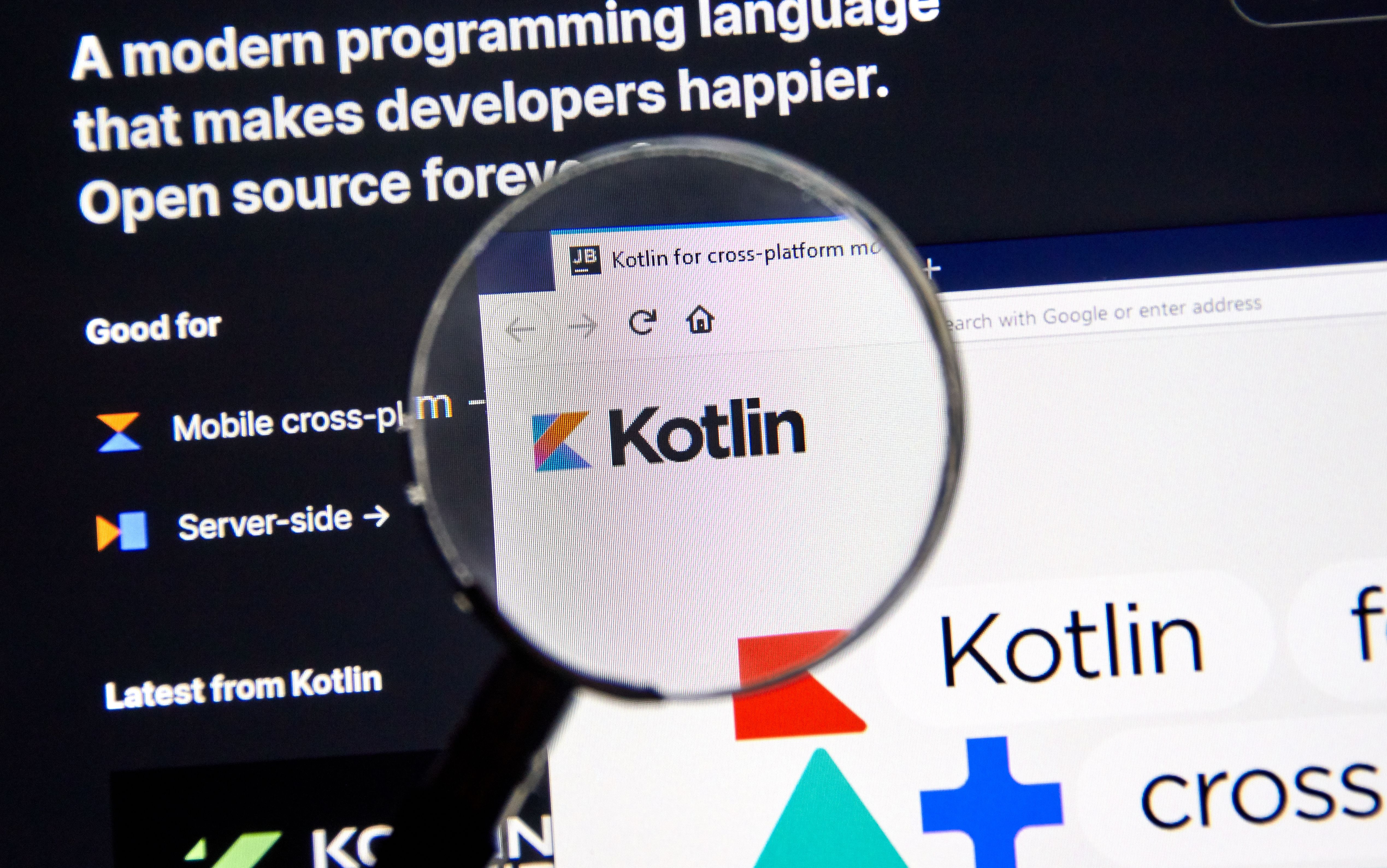Why Clean, Maintainable, and Robust Code Is Everyone’s Business
-
Mohamed Msaad
- 21 Oct, 2025
- 01 Min read

In software development, we often hear about the importance of clean code.
But the real value of clean, maintainable, and robust code goes far beyond the engineering team — it impacts the entire organization and, ultimately, the customer experience.
Clean code speaks for itself
Clean code is like clear writing: anyone reading it should immediately understand its intent.
Meaningful names, simple logic, and consistent style make a project easier to navigate and evolve.
That means fewer bugs, less time wasted deciphering old functions, and more time spent delivering real value.
In short, clean code saves time and reduces frustration.
Maintainability: when software grows with the business
Every product evolves.
A maintainable codebase allows new features to be added without breaking existing ones.
It’s structured, consistent, and supported by best practices such as modularity, documentation, and automated testing.
The benefits are clear:
- Developers can make changes with confidence.
- New ideas turn into releases faster.
- The entire team works with less stress and more predictability.
Robustness: software that can handle the unexpected
Robust software isn’t software that never fails — it’s software that fails gracefully.
Good error handling, data validation, and continuous testing make systems resilient and trustworthy.
When your code is robust, users notice the difference.
A bug doesn’t become a crisis — it becomes a chance to improve.
In conclusion
Writing clean, maintainable, and robust code isn’t just a technical goal — it’s a business strategy.
It reduces long-term costs, increases reliability, and builds a healthier team culture.
After all, code isn’t just what makes software work —
it’s how a company communicates its commitment to quality.


